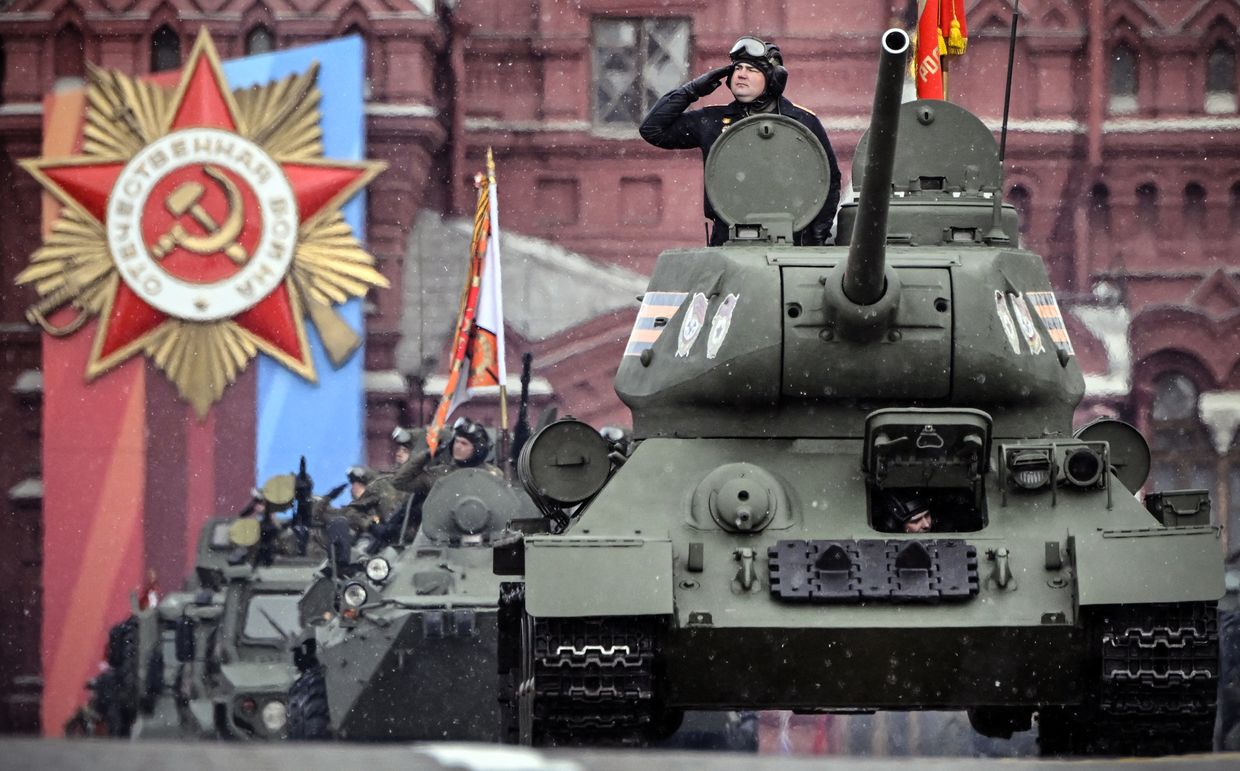Russian Central Bank raises interest rate to 18% amid 'accelerated' inflation

Russia's Central Bank announced on July 26 that it is to raise the interest rate from 16% to 18%, as the Russian economy continues to experience accelerated inflation amid its war in Ukraine.
"Inflation has accelerated and is developing significantly above the Bank of Russia’s April forecast," the press service of Russia's Central Bank said in a statement.
"Growth in domestic demand is still outstripping the capabilities to expand the supply of goods and services," the statement continued. "Labour shortages continue to grow."
Data from Russia's Federal Statistics Service shows that the country has faced six months in a row of growing prices that particularly impact the cost of fuel and food. On average, vegetables cost around 19% more than in June 2023.
Russia's annual inflation rate for June was 8.59%, up from 8.30% the previous month. The figure is significantly higher than that of the U.S., which is expected to be around 3.1% for the month of June.
Russia is burdened by enormous defense spending stemming from its full-scale war against Ukraine, which rose to almost 30% of its budget in 2024.
Russia's "monetary policy needs to be tightened further," so that the inflation rate can be brought towards the target of 4%, the Central Bank said.
Russia's Central Bank claimed that "consumer activity remains high amid a significant increase in households' incomes and positive consumer sentiment."
A Levada Center poll in June showed that only 29% of respondents were very or somewhat worried about global sanctions against Russia, down from 45% who said they were worried in March 2022.
The poll also showed that only 11% of respondents said that sanctions had personally affected them or their families.














